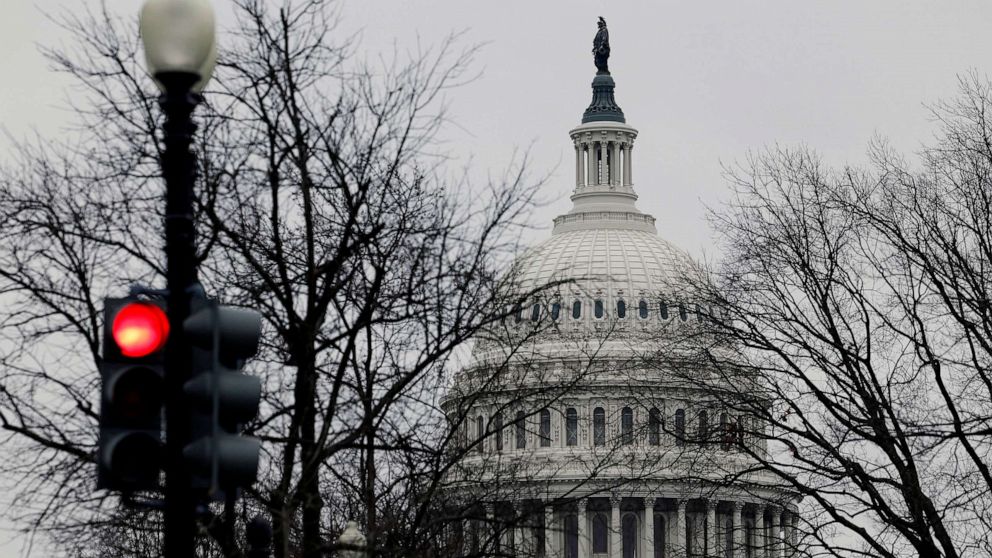July 23, 2025
Here’s how 1 Kings 12:1–24 can be directly and powerfully interpreted in light of current Kenyan politics, especially post-Gen Z protests, economic frustrations, leadership arrogance, and political fragmentation:
1 Kings 12:1–24 is a Prophetic Mirror for Kenyan Politics Today
In 1 Kings 12, King Rehoboam takes over from his father Solomon. The people beg him to reduce the burden of heavy taxes and labor. Instead of listening to experienced elders, he consults arrogant peers and threatens the people with harsher rule. The result? National rebellion, division, and the loss of ten tribes under a new leader, Jeroboam.
🇰🇪 Relevance to Present-Day Kenya:
1. The People are Crying for Relief (v. 4):
“Your father put a heavy yoke on us… lighten the harsh labor…”
Just like the Israelites, Kenyans are crying out:
– "Cost of living is unbearable."
– "Taxes are choking us."
– "We are overburdened by corruption and economic injustice."
Gen Z and the youth-led protests have echoed the same biblical plea:
"Lighten the yoke, and we will serve."
2. Two Kinds of Advisors – Elders vs. Cronies (vv. 6–11):
Rehoboam had a choice:
- Wise elders urged him to listen, serve, and win the people’s hearts.
- Entitled friends told him to flex power, threaten, and rule by fear.
In Kenya today, leaders are surrounded by out-of-touch advisors, insulated from the people’s pain, pushing arrogance over humility; provoking rage rather than respect and the rule of law.
3. Arrogance Ignites Rebellion (vv. 13–16):
“My father scourged you with whips; I will scourge you with scorpions.”
Rehoboam’s tone mirrors many Kenyan leaders who respond to protest with contempt and brutality.
When peaceful dissent is met with violence or mockery, the result is always the same:
Rebellion. Loss of legitimacy. Disowning of leadership.
"To your tents, O Israel!" sounds a lot like:
"We have no share in this corrupt leadership!"
#RutoMustGo or #WanTam isn't just a slogan; it's a warning of detachment.
4. A Nation Divided – Politically and Spiritually (vv. 17–20):
When Rehoboam failed to listen, ten tribes broke away.
Today, Kenya faces a similar danger of national disintegration; not geographically, but in spirit and trust.
Faith in government is eroding. A new generation is redefining allegiance, not by tribe, but by truth, justice, and accountability.
5. God's Word: “Do Not Fight Your Brothers” (vv. 22–24):
Rehoboam planned war to crush the uprising, but God warned:
“Do not go to war against your fellow Israelites. This is my doing.”
To Kenyan leaders, security agencies, and even citizens allied to both Tutam and WanTam factions:
📢 Let there be no civil war.
📢 No blood should be shed for ego or pride.
📢 Sometimes, rebellion is divine correction.
Final Reflection💥✊🏾:
Just like in 1 Kings 12, Kenya is at a crossroads.
- Will the leaders humble themselves and listen?
- Will they choose wise counsel over yes-men?
- Will they lighten the yoke or harden their hearts?
God is still speaking:
“This is my doing.”
What’s happening in Kenya is not just politics; it’s divine disruption. A season of reckoning. A call to repent, reform, and serve.
Rehoboam represents President Ruto. A leader who had the chance to ease the people’s burden but chose pride, arrogance, and the counsel of the privileged few. Jeroboam, on the other hand, represents the opposition and the rising public dissent; a movement born out of ignored cries and injustice.
Kenya stands at a pivotal moment, just like Israel did. The message is clear: when leaders refuse to listen, the people will withdraw their loyalty, and a new chapter will begin; i.e with or without them.






